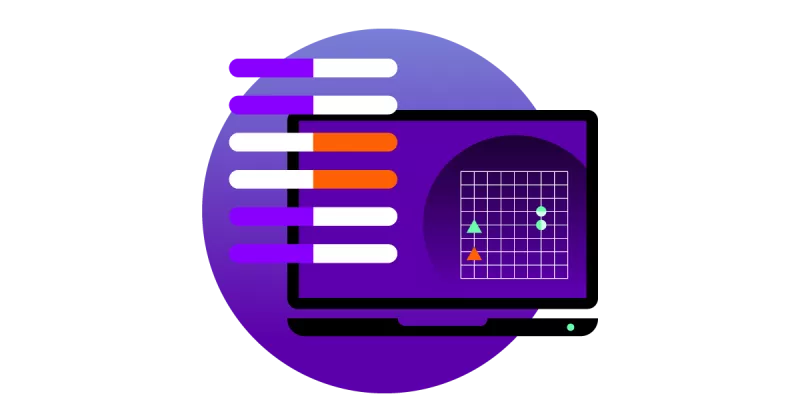
Improve health outcomes through unified social determinants of health data
Arcadia’s SDoH solution improves health outcomes by streamlining the way you identify populations most in need of care — download the info sheet.
Inconsistent SDoH data prevents real insights
Social determinants of health (SDoH) data are among the most critical tools a system can harness to manage risk, improve outcomes, and find financial success. Until now, the collection and storage of this data has been inconsistent at best. Providers capture these circumstances with varying levels of detail; census data is a broad, murky pool; predictive analytics necessitate valuable clinical time to interpret and act.
Standardize your SDoH data to improve health outcomes
The link between what happens outside a hospital's walls and within may seem tenuous, initially, but patients are people first. SDoH acknowledges that people are shaped by their experiences, from behaviors to genes. Arcadia's solution simplifies your equity initiatives. Our SDoH content unifies a single registry of patient-level insights, discretely categorized along the 12 distinct SDoH domains measured by Centers for Medicare & Medicaid Services (CMS.gov).
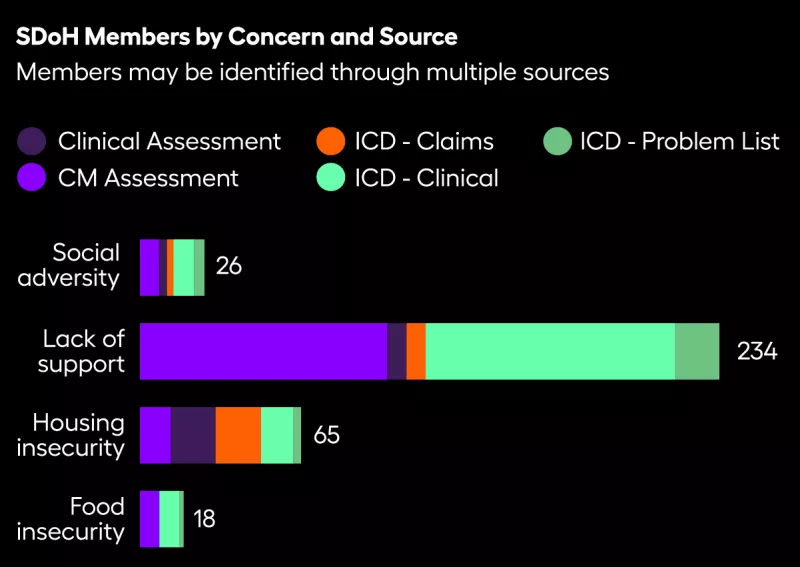
A system to improve patient outcomes and system efficiency
Pinpoint at-risk populations to develop healthcare interventions and decrease unnecessary provider workload. Arcadia’s platform collates valuable SDoH insights on what’s happening in a patient’s life outside the waiting room, so you can give them the best care inside your own network. Recoup lost efficiency and the cost of late-stage interventions with an SDoH database that aggregates, unifies, and contextualizes, with frequent updates to reflect data in flux.
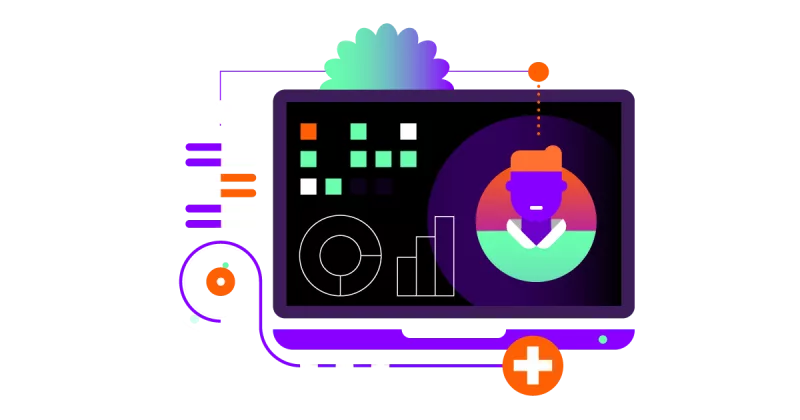
Untangle and streamline complex SDoH metrics
- Better identify and record SDoH metrics within populations
- Justify your investment with quality data, ready to serve your quality initiatives, patient outcomes, and research
- Navigate and negotiate your payer contracts with confidence around benchmarks

Build a registry that improves patient outcomes
- SDoH assessments conducted at point of care, through the Arcadia platform
- Facilitate care management follow-up
- Mapping to SDoH occurs in the background
- Assessments are matched with ICD codes from claims and clinical data for a clear picture, then added to the registry
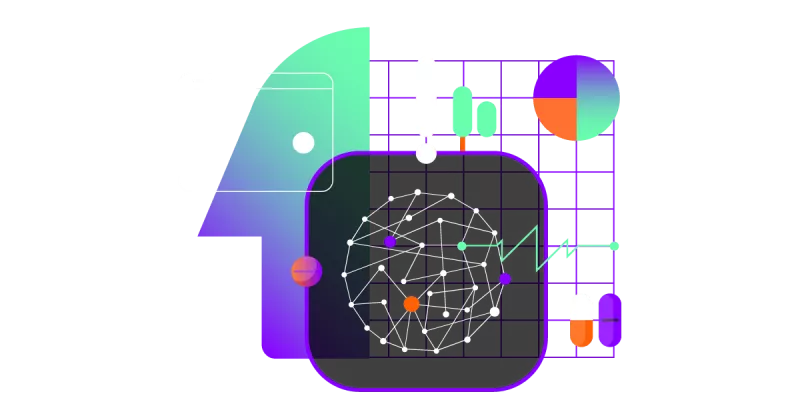
Identify patients who need extra resources
- Strengthen quality initiatives and improve outcomes from customizable patient- to population-level
- Understand what’s happening with patients outside of the exam room
- Help patients surmount barriers to care and live healthier lives
- Demonstrate success in benchmarking and quality initiatives
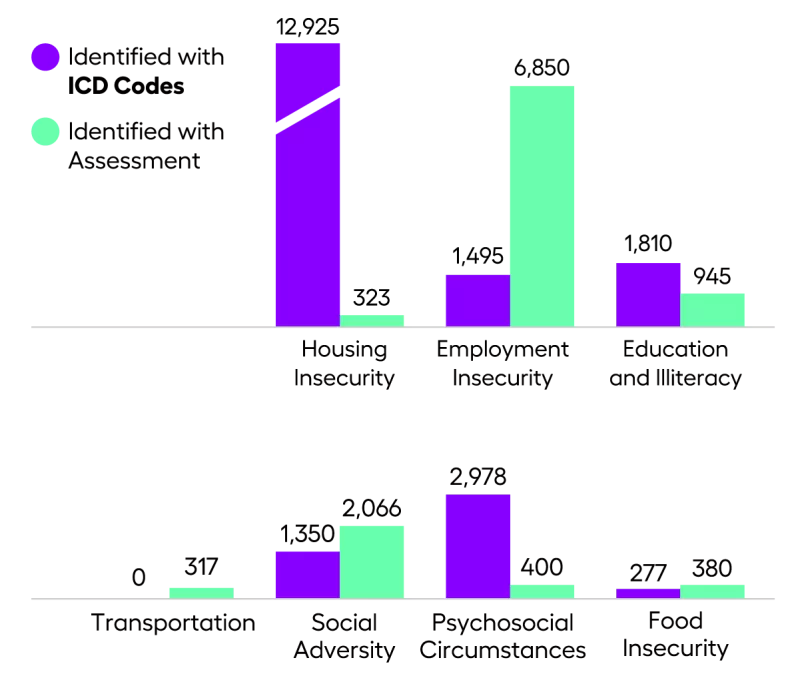
A community health organization using SDoH
A not-for-profit health plan in the Pacific Northwest identified an additional 11,000 vulnerable members in need of care with point-of-care assessments and ICD codes. This Arcadia customer funneled ICD codes and Prapare survey results through Arcadia’s platform to pinpoint SDoH-impacted patients in multiple categories:
- Housing insecurity
- Employment insecurity
- Education and illiteracy
- Transportation
- Social adversity
- Psychosocial circumstances
- Food insecurity
Social determinants of health content integrates into your existing Arcadia solution
Analytics Dashboard
Within our ever-expanding library of insights, Arcadia Vista, SDoH-specific dashboards go macro, provide geographic population insights, filter for 11 SDoH concepts, identify members with highest utilization costs, and surface patient level details with the ability to click through to charts.
Healthcare Data Model
Arcadia Foundry is a customizable analytic database that provide a mapping output for patient-level SDoH detail, allowing customer analysts to conduct their own analyses or generate curated lists for providers. Our system can segment views by business line, dive deep into specific concerns, and measure outcomes of SDoH-informed initiatives.
SDoH Strategies: How to prioritize data that impacts your population
From payers to providers to patients, we explore why SDoH is so important to our healthcare system and how everybody has a role to play in improving population health outcomes.
Remove the guesswork from SDoH
Connect with us today to learn how our dashboards can help.

